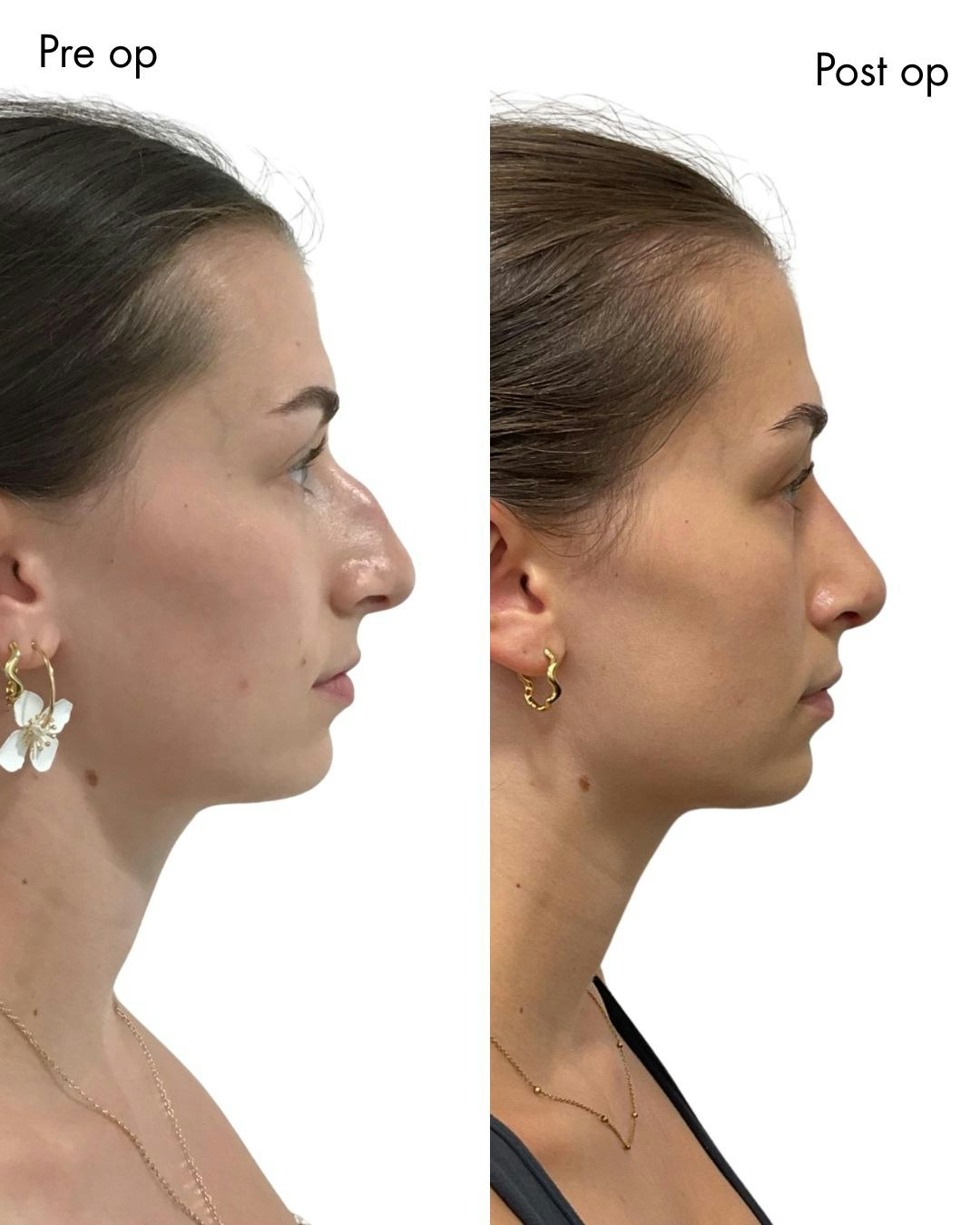
Body Procedures
Explore Body Procedures3 ways to book your consultation with us
Book your consultation with us today in whichever way works best for you.


The MYA Patient Portal
MYA are the only cosmetic surgery provider with an online Patient Portal. We’ve created a bespoke product to help our patients access their information whenever they want and to make their journey with us more seamless.
Learn more
MYA Forum
The MYA Space Forum is currently made up of over 84,000 members sharing their experience and advice. Helping to answer questions and sharing their amazing before and after results.

Blog
The MYA Blog explores all thing surgery related, industry news, insightful Ask and Expert articles and so much more to help you during your MYA journey.
Check out our latest Insta posts







